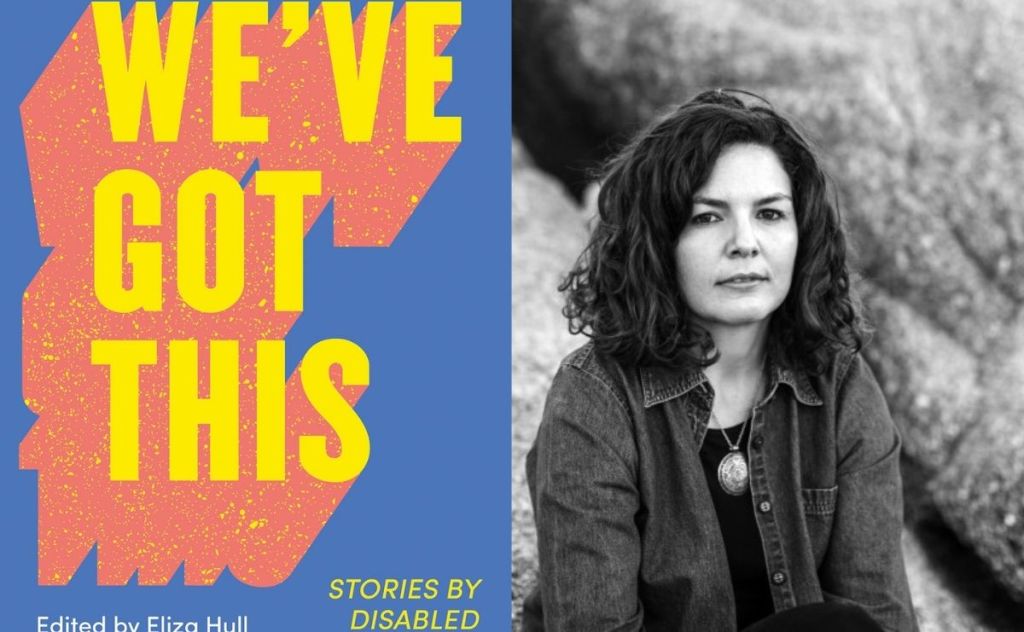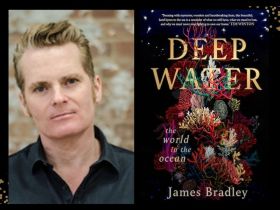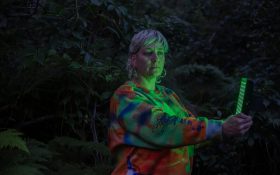As Eliza Hull, the editor of We’ve Got This points out in the book’s introduction, over 15% of households in Australia have a disabled parent. And yet, usually when disability is portrayed in a family setting in popular media or in parenting literature, it usually focuses on disabled children. We’ve Got This is the first major publication of its kind in showcasing the experiences of disabled parents, and to some extent in its recognition that disabled parents exist.
Although there’s a large diversity in the experiences represented by deaf, disabled, and chronically ill parents, remarkably common themes emerge. The question of whether disabled people can be parents is something plenty of the contributors have been asked by others, and often have asked of themselves. But this doubt is soon replaced by more interesting questions, one of which is: what strengths do disabled people bring to their parenting?
Disability itself requires resourcefulness as people come to navigate worlds that weren’t built with them in mind. This skill, coupled with adaptability, resilience, and open mindedness towards diversity seamlessly apply to parenting also. Examples of this resourcefulness are clearest in the book when it comes to adaptive parenting. As Nicole Lee, a wheelchair user, writes, ‘Finding a car seat – or a cot, highchair, pram or change table – I could use independently was impossible without modifications and some creative thinking.’ Graeme Innis, who is blind, describes his daughter steering him ‘by pulling on one of my ears’. Brent Phillips explains how to know your baby’s crying when you’re deaf. Ben Van Poppel recounts figuring out several methods of measuring out the correct ratios of formula to hot water when you’re blind.
As the stories reveal, growing up with a disabled parent can have positive effects on kids too. Contributors often describe their kids as empathetic, independent, accepting, and adaptable. Many develop skills as they adapt to their parents’ needs. For example, communicating with a blind parent could lead to the development of strong verbal skills since nonverbal communication is less effective.
Growing up with deaf parents renders hearing kids bilingual in both Auslan and English. Some kids share their parents’ disabilities and see the home as a place of belonging. As Kristy Forbes writes of her neurodivergent family: ‘It’s in our ancestry, it’s genetic’. She has come to ‘understand autism not as a medical disorder but as an identity and a culture… we absolutely embrace and celebrate our neurodivergent expressions. We are all different. We work together as a family to explore one another’s support needs.’
However, We’ve Got This does not gloss over the difficulties of parenting. Disabled parents describe some of the challenges and symptoms they’ve faced that compound some of these difficulties. Adjusting to disability, pain and fatigue, higher risk or more complex pregnancies, and limitations like not being able to drive can make parenting trickier. Many of the challenges of parenting with disability have more to do with negative attitudes and discrimination, however, rather than the nature of the contributors’ disabilities themselves. Eugenicist attitudes persist, and the book includes anecdotes of both medical professionals and members of the general public questioning the contributors’ ability to parent and the wisdom of choosing to have children. Hateful comments and invasive stares pervade the accounts.
Read: Book review: Dinner with the Schnabels, Toni Jordan
A harrowing story is told by Heather Smith, who has an intellectual disability. Instead of being offered adequate parenting support, she had her child removed from her care. She writes, ‘it feels like they set us up to fail.’ Another mother with intellectual disability, Jaclyn Lynch, similarly describes being taken to court by Child Protection along with her husband, Garry. The authorities ‘tried to twist things to make us look bad’. The Lynches were constantly surveyed: ‘It was just this constant feeling of being watched, that any day our baby could be taken away.’
We’ve Got This attests to the capacities of disabled parents and to the joys of parenting in an authentic way, without being saccharine or skirting over discrimination or other difficulties. It is an encouraging collection that showcases creativity; and provides sadly necessary affirmation that disabled people can and do grow up to be loving, capable parents.
We’ve Got This: Stories by Disabled Parents, edited by Eliza Hull
Publisher: Black Inc Books
ISBN: 9781760642938
Format: Paperback
Pages: 368 pp
Publication: 1 March 2022
RRP: $32.99





